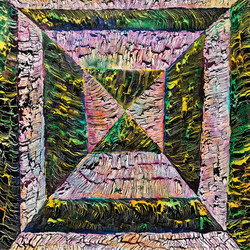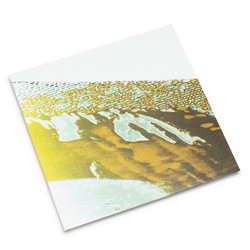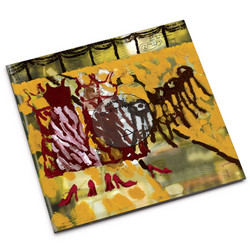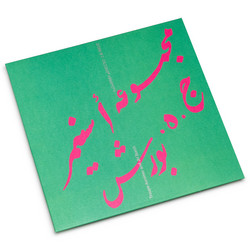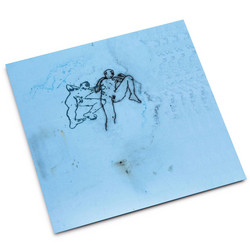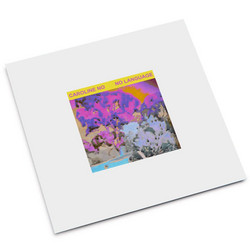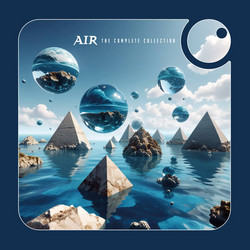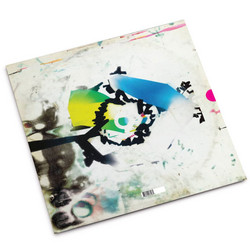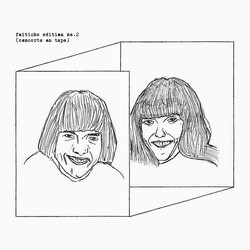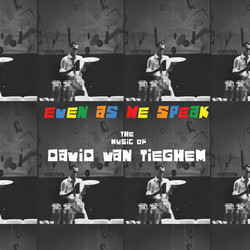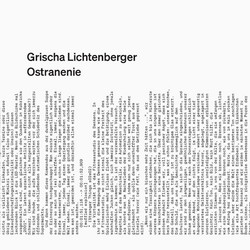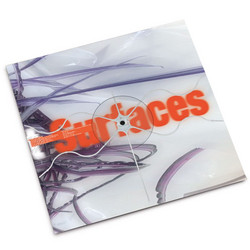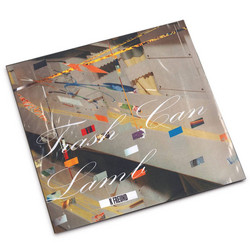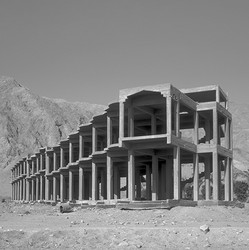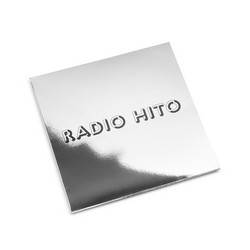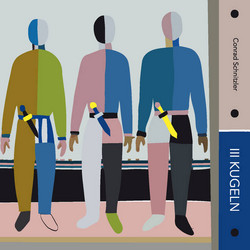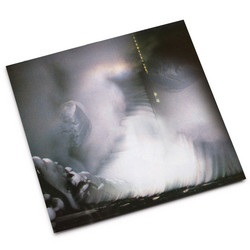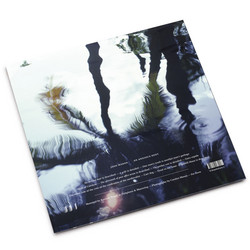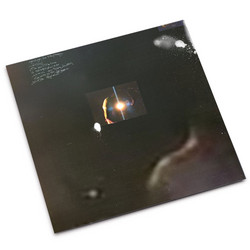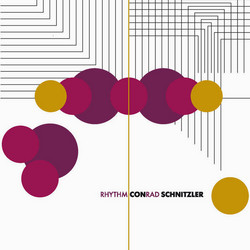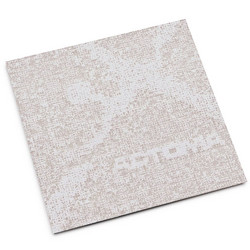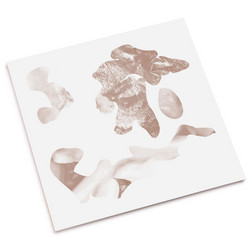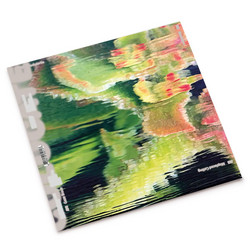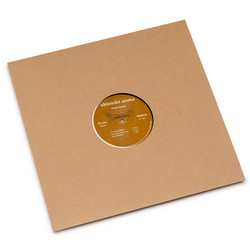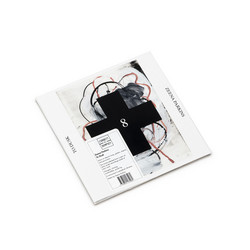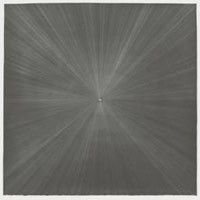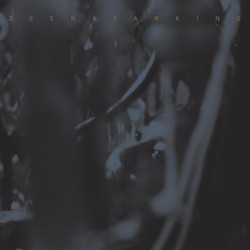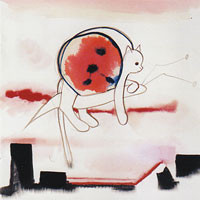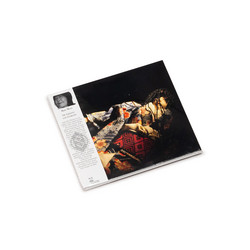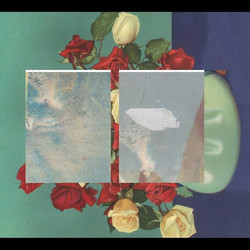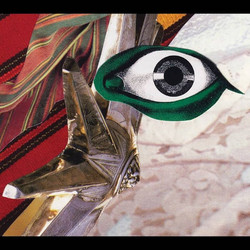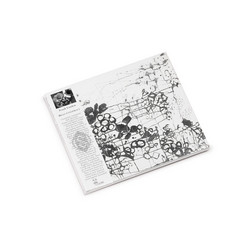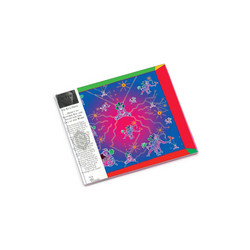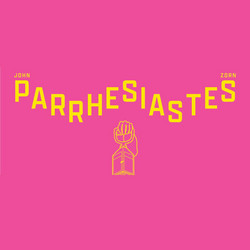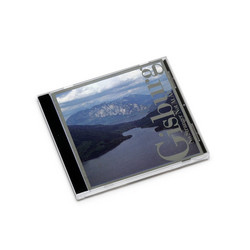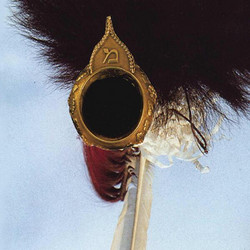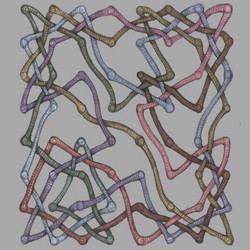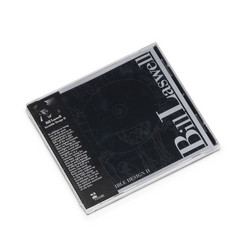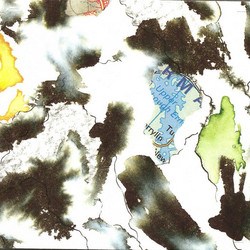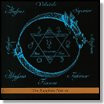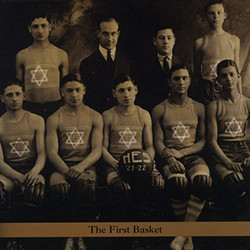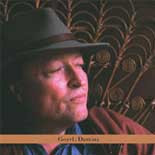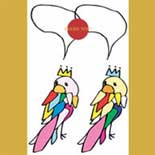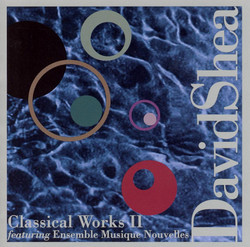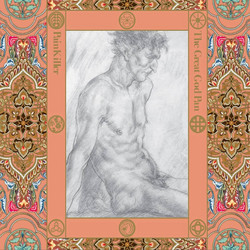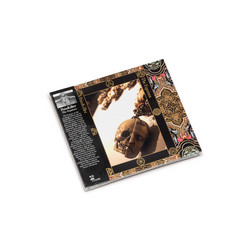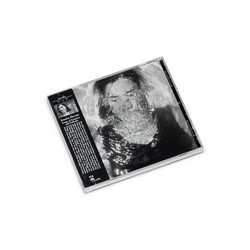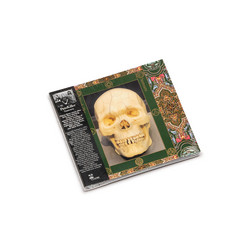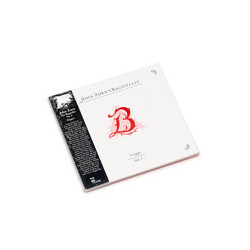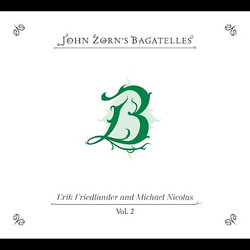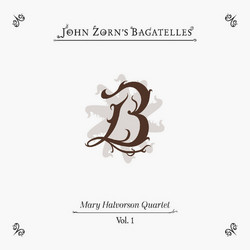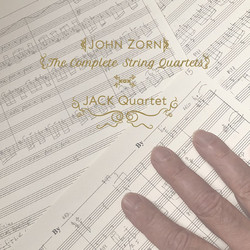*In process of stocking. 2022 stock.* Part of the Radical Jewish Culture series put out by John Zorn's Tzadik label, Zeena Parkins' Mouth=Maul=Betrayer perhaps more than any other album lives up to the name of the series. This work is aggressive, energetic, intellectually complex, challenging, and highly structured. At times it reads like the soundtrack to a classic gangster film of the '40s -- the music is often not a stylistic match for that time period, but the feeling of violence and darkness is communicated throughout. Indeed, this is a labor of Parkins' Gangster Band, the ensemble consisting of her sisters and several other supporting musicians, as well as it is a thematic work about gangsters themselves. The theme of Mouth Equals Maul Equals Betrayer is Jewish gangsters in Europe and the U.S. Several spoken word samples help set the tone: archival tapes of New York City mayor La Guardia making a speech about ridding the city of corruption; the courtroom testimony of Bugsy Siegel's mistress; and a few fascinating reconstructed pieces that are in a Yiddish-based thieves language called Rotwelsch. While the spoken word bits do make an invaluable contribution to this album, what really shines are the composition as a whole and the musical scenes within it that evoke a variety of moods. Melodic lines ranging from blues-influenced guitar jams to beautiful chamber pieces to sonic assaults weave and slap each other around, reflecting the changing moods of gangsters themselves. This music exists on the edge of contemporary composition, but everywhere it stretches, it grasps and holds on solidly to what Parkins was trying to achieve, making the striving all the more triumphant. - Stacia Proefrock, Allmusic.com
Matthias Breitenbach: Voice
Carsten Dane: Voice
Andy Haas: Didjeridu
Zeena Parkins: Electric Harp, Sampler, Piano
Sara Parkins: Violin
Margaret Parkins: Voice, Cello
Jim Pugliese: Drums, Vibraphone
Mark Stewart: Cello, Guitar, Mandolin
Recorded and mixed at Point's West Studio, December 28-30, 1995.
Digital editing at Studio Pass, January-February 1996.
All Rotwelsch texts were recorded at Studio Pass.
In "Blue Mirror" (named for the Newark night club owned by Longy Zwillman) all titles are names of Jewish gangsters from NYC in the first half of the 20th Century.
Recording and processing at Studio Pass + Studio zOaR, January-March, 1996. Recording and MAX programming with H3000 January-February 1996. Recording/processing/digital editing March 1996. Cover photo - January 19, 1917. © ℗ 1996 TZADIK This recording was made possible in part by support from the Harvestworks/Studio Pass Artist-in-Residence Program.
